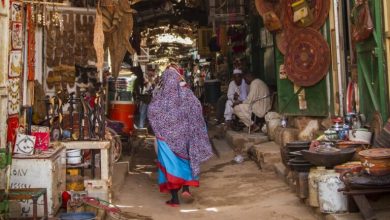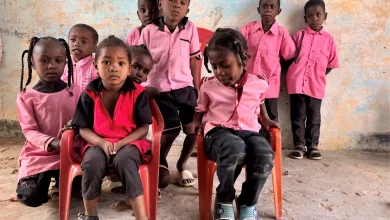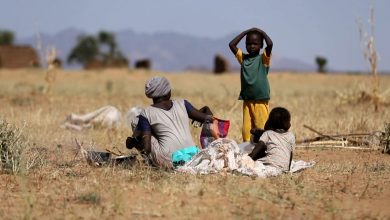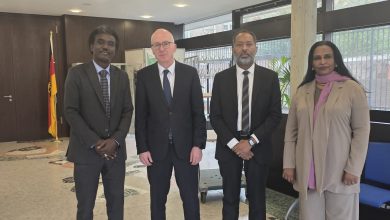The Price of Truth in Sudan’s War: Journalists Between Assassination, Arrest, and Forced Exile
Sudanese Media Forum
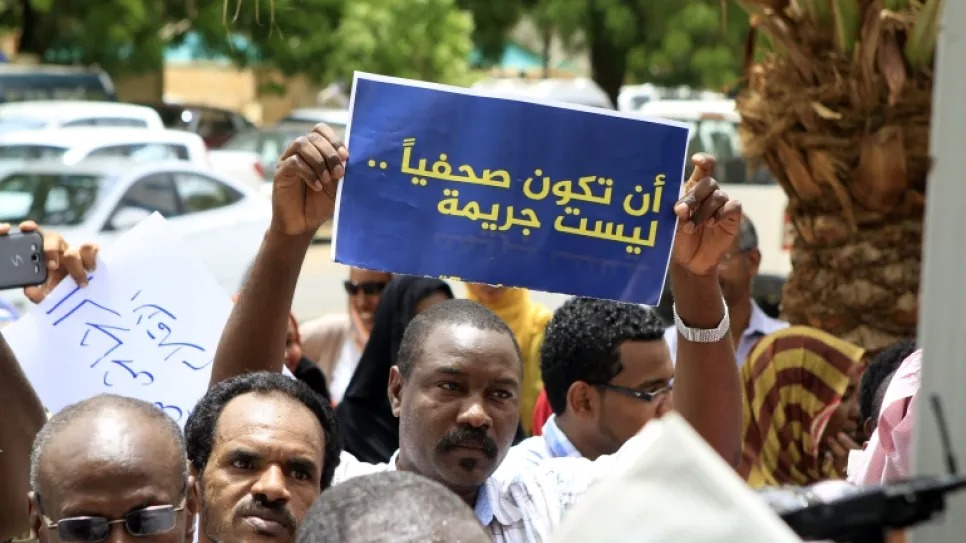
By Issa Dafallah
Khartoum, August 20, 2025 – (Jabraka News)
When the war erupted in Khartoum, journalist Ali Al-Arsh was forced to flee to his hometown, Sennar’s capital, Singa, south of Sudan’s capital. Before the conflict spread to Gezira and Sennar States, Ali continued practicing journalism there—but he was not left in peace.
He recalls: “Because of my reports exposing violations, negligence, and repression, I was arrested by the intelligence service in Sennar on August 21, 2023. I spent more than six days in detention, subjected to constant threats, torture, and denied access to my family and work.”
Ali recounts the beginning of his ordeal and the issues he reported on that led to his persecution: “I witnessed firsthand a humanitarian tragedy I never imagined could unfold inside shelters and displacement centers—supposed havens for thousands fleeing the horrors of war.”
Through interviews and his own observations, Ali discovered a catastrophic reality: displaced families living in miserable conditions, deprived of the most basic necessities, facing both neglect and racial discrimination that reflected the nature of the war.
He added: “Amid this devastation, volunteer initiatives shone as lifelines. Emergency rooms established by citizens provided food, shelter, and medical care through local efforts and partnerships. They were a real artery of survival for thousands. Yet these humanitarian efforts were met with restrictions, shutdowns, and even arrests of volunteers.”
Ali’s ordeal did not end with his detention. “Authorities raided my family’s home at 2 a.m. for the second time, arresting my younger brother and cousin as hostages to pressure me into surrendering.”
Field Risks
Ali emphasizes that his case is not isolated but part of a recurring pattern journalists face in conflict zones: arbitrary arrest, unlawful detention, and attempts to silence their voices.
He warns that journalists also face kidnapping, extortion by warring factions, and even assassination—particularly those reporting on war crimes and grave human rights abuses. Other risks include intimidation, surveillance, digital harassment, and online smear campaigns.
The Sudanese Journalists Syndicate recorded 556 violations against media workers, including the killing of 31 journalists “in assassinations and direct shelling” during two years of war. Its May report confirmed at least 239 cases of arrest and detention, while dozens faced physical assault, harassment, and threats.
Reporters Without Borders (RSF) noted that threats against journalists have worsened in recent years with the rise of militias and armed movements. Those who criticize authorities or publish sensitive documents are monitored, while female journalists are especially targeted with intimidation, harassment, and retaliation. Perpetrators enjoy total impunity. Since April 15, 2023, media offices have been looted and attacked, and growing violations forced many journalists to flee abroad.
From El-Fasher (North Darfur), journalist Mohamed Ahmed Nizar shared: “I was arrested after reporting that a Sudan Liberation Movement (Transitional Council) officer shot colleague Nasr Yaqoub in Nyafasha market.”
He added: “Detention is degrading. If one has a chance to escape, he should. Life is unbearable with constant threats, insecurity, and lack of food—many young people cannot even afford one meal a day.”
Between Systematic Targeting and “Espionage” Accusations
North Darfur journalist Abdelazim Golo explained that targeting journalists is complex: “Violations can be both deliberate and circumstantial—often a mix of both, depending on motives and context.”
He said many cases are premeditated to silence journalists exposing war crimes or corruption, while others aim to control narratives and suppress independent reporting. Some reporters are branded military targets or accused of espionage, violating international humanitarian law.
In Uganda, the head of the Sudanese Journalists Association, Ezzeldin Arbab, stressed: “Journalists are systematically targeted across Sudan. They live under constant threats that extend to their families, severely limiting their ability to work.”
He added that in both army- and RSF-controlled areas, journalists face strict restrictions. Merely holding a camera or filming could lead to arrest. Many have quit journalism altogether, turning to trade or manual labor out of fear.
“Both warring parties see any journalist who isn’t fully supportive as an enemy or traitor—a highly dangerous mindset,” he warned.
Journalists Killed, Others Forced to Quit
Eman Fadl Al-Sayed, Secretary of Freedoms at the Sudanese Journalists Syndicate, confirmed that targeting of the press since the war began is systematic, with journalists pursued in multiple ways. She reported that four journalists died in detention and many others quit the profession.
She explained that arrests often happen at checkpoints while journalists travel with their families to safer areas. Merely showing a press ID can trigger detention.
Even displaced journalists who continued reporting in states like Gedaref and Kassala were targeted, along with their sources. Authorities raided shelters, interrogated sources, and tried to identify the journalists who spoke to them.
Eman added that many journalists imposed self-censorship even on personal social media accounts. Others left journalism altogether, or work from exile but still face threats.
Absence of Protection
Journalist Zamzam Khater said the systematic targeting aims to silence voices documenting violations. In conflict zones, neutrality is impossible—reporters must align with a faction to survive, or risk arrest, abduction, enforced disappearance, or death.
She stressed that “no authority is capable of protecting civilians, let alone journalists. Armed conflicts lack ethics and disregard international conventions safeguarding civilians.”
Yet she pointed out that civil society retains some influence, citing the release of journalists Nasr Yaqoub and Mohamed Ahmed Nizar in El-Fasher after pressure from colleagues and activists.
Ali Al-Arsh called for integrated efforts involving journalists, media institutions, and international organizations to provide training in safety, first aid, and conflict-zone reporting.
Ezzeldin Arbab urged sustained international pressure and professional solidarity to resist attempts to silence a free press, calling for global campaigns to expose violations wherever they occur.
Conclusion
Published by the Sudanese Media Forum and member institutions, this report—prepared by Jabraka News—documents the grave abuses against Sudanese journalists since the war began.
It exposes patterns of assassination, detention, torture, and family harassment designed to silence independent voices. It highlights the absence of protection, the spread of impunity, and the growing exodus from journalism.
The Forum calls for local and international solidarity and sustained pressure to guarantee journalist safety and uphold press freedom.

